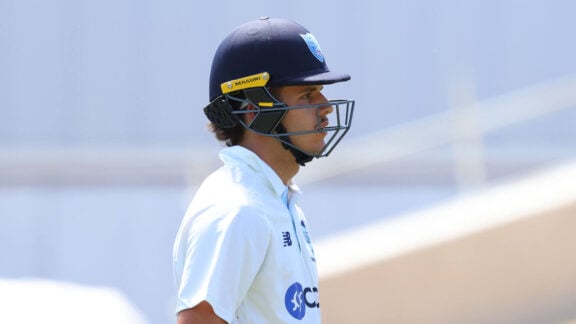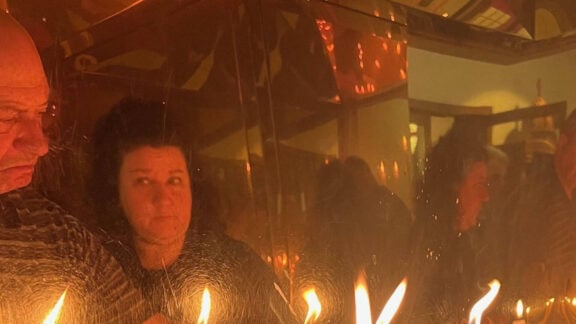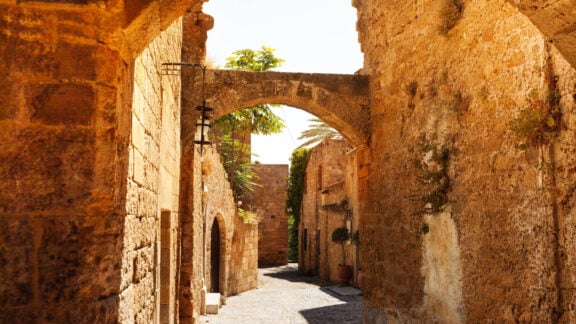Recent news of 26 clubs, including Greek based sides Heidelberg United, South Melbourne, Sydney Olympic and Olympic FC, proceeding to the next phase of the National Second Tier (NST) competition has football fans eagerly awaiting.
A second-tier competition has long been the wish for Australian football fans, just like many other nations worldwide.
The proposed league will sit below the A-League and above the National Premier Leagues, with hope this will eventually allow promotion and relegation.
In doing so, football in Australia will see the teams outside the A-League, aspire to more, and break the barrier currently in between the top league and the rest of the clubs nationwide.
South Melbourne FC and Heidelberg United are both founding clubs of the National Soccer League, the first national league of any code of sport in Australia, so a possible return to an upper league will have fans in a frenzy.
In a statement provided to Neos Kosmos by South Melbourne chairman Bill Papastergiadis, the club says they’re excited about the opportunity, and have hopes that the competition can help elevate the sport to new heights.
“The interest from our supporters for this new league has been immense,” he said.
“For too many years, our supporters and those of so many other institutional clubs were denied their rightful place in this game here in Australia.
“This new league will help elevate clubs that were the foundation of football in Australia back to a truly national competition.”
“It’s now time for this country to join the way every league globally runs football, to have a fully integrated football competition with promotion and relegation. This new league will hopefully achieve this in a short period of time, while at the same time this new league will help to rekindle the passion for football in this country, which the supporters of these foundation clubs can no doubt bring.”
Supporters of the two selected Victorian ‘Greek’ teams, would be pleased to know that their clubs are confident they have what it takes to proceed further.
Heidelberg secretary John Lioupas spoke with Neos Kosmos about the club’s chances, and points to the ongoing improvements to their home ground and the long history, one of the oldest Greek based clubs, as its selling points.
“There’s no reason why Heidelberg should be any worse off than anyone else in that space,” he said.
“I think that in recent years, the club has managed to make some major improvements to its home ground, with funding from government and local council, and the work’s obviously still progressing and when that venue is complete, it can compete with anyone else that’s putting an application in to join a second tier competition.
“The club’s got a track record in terms of a national competition, being a founding member of the National Soccer League, so there’s historical traction there with the club participating at the highest level in Australia in the past.
“So there’s no reason why it can’t do that again moving forward.”
South Melbourne on the other hand, points to its programs, financial status as well as the fanbase and history in its bid for a spot in the new competition.
“We are quietly confident that South Melbourne will be one of the entrants in the new league,” said Papastergiadis.
“The club is debt free, it has as its home base one of the best boutique football stadiums in Australia and it’s a club that understands its relationship to the broader community evidenced by its successful women’s, juniors, schools and all abilities football programs.
“Support and success are inherently tied to passion, history and a fervent supporter base. South Melbourne will help to re-energise football in this country given it will bring these elements to the football landscape. At the same time, it’s a club that has strong historic Hellenic roots but which also has expanded its vision so as to be a part of the multicultural and cosmopolitan fabric of Australia.”
The new competition is expected to start next year in March, with 10 to 16 of the current 26 to be selected sides making up the teams. The clubs selected will also have to leave their current competition.








